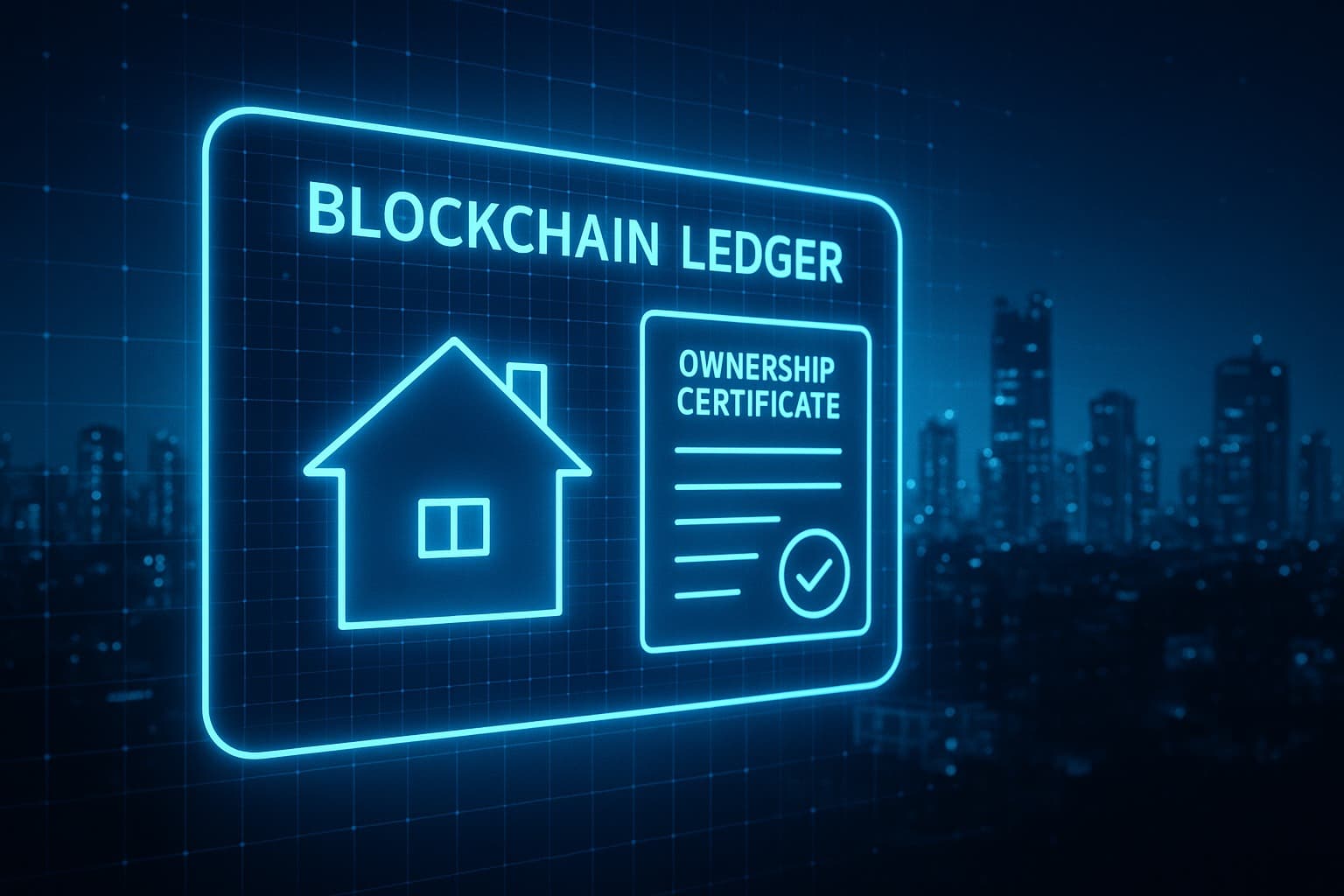How Technology is Transforming Indian Real Estate Market Trends
Summary
Technology is revolutionizing Indian real estate, making it transparent and efficient. From AI-driven insights to virtual tours and blockchain security, proptech empowers buyers and transforms the industry. Adoption is key for survival in this evolving market.

How Technology is Changing Market Trends
Close your eyes for a moment and think back to how your parents or grandparents bought a home. They’d spend weeks traveling from one builder’s office to another, relying on brokers, asking relatives for advice, and flipping through stacks of glossy brochures. Information was scattered, decisions were often based on word of mouth, and buyers had to trust their gut more than hard facts. Fast forward to today, and the process looks nothing like that.
Now, you can sit in your living room, open your phone, and explore hundreds of properties across cities. You can take a virtual tour of a home under construction, compare property prices in real time, calculate your EMIs, and even complete paperwork digitally. Technology hasn’t just improved the real estate industry—it has transformed it from the ground up.
This isn’t about convenience alone. Technology is shaping Indian real estate market trends in 2025 in ways we never imagined. From proptech in India to artificial intelligence (AI), blockchain, and smart construction tools, the industry is rewriting its playbook. And for buyers, sellers, and investors, this means a very different experience than even a few years ago.
The Rise of Proptech in India
The word “proptech” might sound like jargon, but in simple terms, it’s the technology that makes property buying, selling, and renting smarter. And in India, this space is booming. From websites and apps that list properties to platforms that verify ownership documents, proptech has made what used to be complicated and stressful, far simpler.
Ten years ago, buyers had to rely on brokers for nearly everything. Today, most people begin their search online. Whether it’s a 1BHK in Mumbai, a luxury villa in Alibaug, or a rental flat in Bengaluru, tech-driven platforms give buyers the confidence of transparency. No more blindly trusting; everything is a click away.
This rise of real estate technology adoption in India is also changing how developers market their projects. Instead of just glossy brochures, they are now investing in digital campaigns, virtual walk-throughs, and interactive floor plans to attract tech-savvy buyers.
AI and Data: Turning Guesswork into Smart Choices

Real estate has always been an emotional decision. But emotions alone aren’t enough when you’re investing your life savings. This is where artificial intelligence and big data step in.
AI tools today analyze thousands of data points—like past property sales, infrastructure developments, neighborhood growth, and even demographic changes—to predict future price trends. Imagine being able to know not just what your home is worth today, but what it’s likely to be worth five years down the line. That’s the power of AI.
For developers, AI helps in identifying the right target audience. For investors, it reduces risks. And for everyday buyers, it provides confidence that their decisions are not just emotional but also logical. This ability to convert guesswork into insight is one of the biggest tech innovations driving property market growth in 2025.
Virtual Tours and Digital Experiences
Another powerful shift is how properties are showcased. In the past, seeing was believing. You had to physically visit the property site—dust, noise, and all—to get a sense of what you might be buying. But what if you’re an NRI living thousands of miles away? Or a professional too busy to travel every weekend?
That’s where virtual reality (VR) comes in. Developers now create immersive 3D tours of homes so buyers can “walk through” a flat, look around rooms, and visualize interiors—all without leaving their sofa. Add drone shots of the project site, 360-degree neighborhood views, and interactive layouts, and suddenly, property buying feels modern, simple, and stress-free.
These experiences are particularly valuable post-pandemic, when buyers have grown accustomed to doing everything digitally. VR has turned out to be not just a convenience, but a necessity.
Blockchain: Building Trust in an Industry That Needed It
For years, Indian real estate had a reputation problem. Buyers often complained about unclear ownership titles, duplicate paperwork, and delayed projects. Trust was fragile. But blockchain—the same technology behind cryptocurrencies—is now offering a solution.
By creating tamper-proof, digital records of ownership, blockchain ensures that once a property is registered, no one can alter or forge its documents. Imagine the peace of mind this brings to buyers who’ve heard horror stories about fraudulent deals.
This is where digital transformation in India’s real estate industry is most visible—not just in making things faster, but also in making them more trustworthy.
How Buyers Are Changing Too
It’s not just technology; it’s buyers themselves who have evolved. Today’s homebuyers are very different from those of a decade ago. They are:
Informed: Thanks to online platforms, they know average market rates, project reviews, and even builder reputations before making a call.
Demanding: They expect transparency, quick responses, and modern amenities like smart home tech.
Conscious: Many now prefer eco-friendly or energy-efficient homes, pushing developers toward sustainable practices.
In short, technology has empowered buyers to be more active participants in the process. And this empowerment is reshaping housing market trends everywhere—from metro cities to emerging tier-2 hubs.
Developers and Agents: Adapting or Losing Out

For developers, technology is no longer optional. It’s survival. CRM systems help them track leads, digital platforms widen their reach, and construction technologies reduce costs. Those who refuse to adapt risk being ignored by buyers who expect tech-first solutions.
Real estate agents too are finding themselves in a new role. Earlier, their main value was providing access to listings. Now, with that information freely available online, their strength lies in offering personalized guidance, negotiation skills, and human touch—things that technology can’t fully replace. The best agents are the ones who combine tech tools with old-fashioned relationship-building.
The Road Ahead: What 2025 and Beyond Look Like
By 2025, technology is no longer just supporting Indian real estate—it’s leading it. Buyers expect digital-first experiences, developers rely on AI and data, and transactions are slowly moving toward blockchain-secured platforms.
But the real transformation isn’t just about tech—it’s about trust. Technology has brought transparency, efficiency, and confidence to a sector that once struggled with credibility issues. And as adoption spreads beyond metros into tier-2 and tier-3 cities, the benefits will be felt even more widely.
In the end, technology is transforming Indian real estate market trends not by replacing people, but by helping them make smarter, faster, and safer decisions. It’s building a future where buying a home is less about stress and more about clarity.
Summary (100 words)
The Indian real estate sector is in the middle of a digital revolution. Proptech in India has made buying and selling faster, more transparent, and more accessible. From AI-driven insights that predict property values to virtual tours that let buyers explore homes remotely, technology has reshaped how decisions are made. Blockchain is addressing trust issues, while digital platforms empower buyers with information. Developers and agents who adopt technology are thriving, while others risk falling behind. In 2025 and beyond, the real estate technology adoption in India will only accelerate, making property transactions smarter, safer, and more transparent than ever before.
